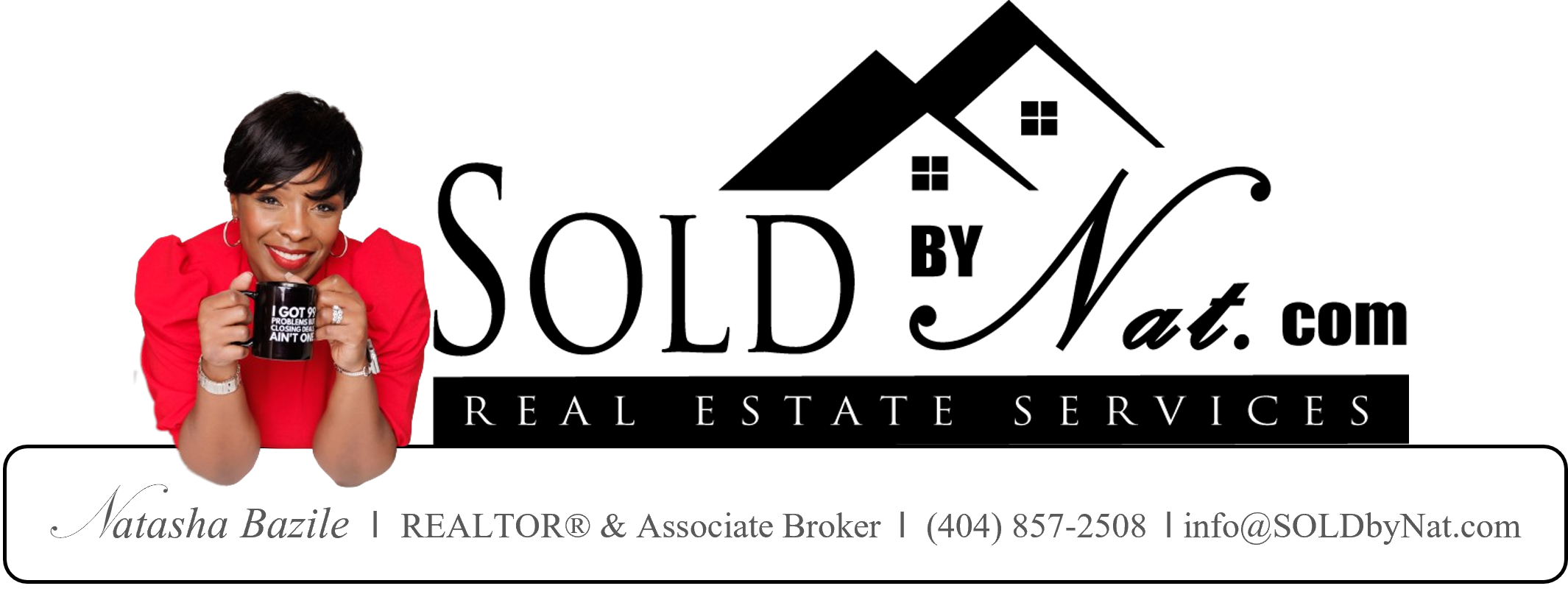By Suzie Wilson Happier Home

Smart home technology is here to stay. While fully integrated smart homes are still rare, homeowners are falling in love with the convenience, security and energy-saving benefits of smart technology. As a seller, smart home technology is a great way to add value to your home. However, it’s not as simple as buying a few trending devices and downloading an app. If you want to install smart technology before selling your home, here’s what you need to know.
What is smart home technology?
As the Ambient explains, gadgets need three core features to be considered “smart”: remote control, data, and automation. For example, a smart thermostat lets you adjust temperature and review energy usage history from your phone. Over time, the thermostat learns your habits and regulates temperature automatically.
What smart home technology is available?
New smart technology is emerging every day, but creating a smart home isn’t about buying all the newest gadgets. Rather, it’s about replacing standard home features like locks and thermostats with smart alternatives. There is a wide range of smart devices available to consumers, but these options are the most practical choices for a smart home:
- Hubs: Hubs and voice assistants including Amazon’s Alexa allow you to control all your smart home devices from a centralized point. This eliminates the need for a separate app for each smart device in your home.
- Locks: With a smart lock, you can lock and unlock your door with the press of a button. You can also share digital “keys” with other people, set your doors to lock automatically, and track who is coming and going.
- Thermostats: Smart thermostats let homeowners remotely control temperature and set heating and cooling schedules. More advanced models use learning features to adjust the temperature automatically, thus conserving energy and saving money.
- Lighting: Smart lighting comes in two forms: smart bulbs and smart switches. Both allow homeowners to control lights remotely, but smart bulbs offer added perks like multi-color lighting and dimmability.
- Cameras: With a traditional security camera, you download video footage after discovering a break-in or other security event. But with a smart camera that alerts you any time it records footage, homeowners can monitor home security in real time.
Can smart home technology increase home value?
According to reporting from Forbes, 72 percent of millennial homebuyers are willing to pay $1,500 more for a home with smart technology, while 42 percent would pay as much as $3,000 more for a smart home. In Duluth, where the homes typically sell for $321,000, it is enough to put a worthwhile dent in closing costs.
What should sellers consider when installing smart home technology?
Not all smart technology is compatible. Before shopping for smart home features, choose a smart home ecosystem so you can buy products that work together. Amazon Alexa, Google Assistant, and Apple HomeKit are the most popular ecosystems. Stick with well-known brands because buyers won’t pay more for technology they’re unfamiliar with.
When selling, homeowners should list all smart technology in their homes and gather user manuals for future owners to reference. The Mortgage Reports also recommends sellers remove all personal data and reset devices including log-in and billing information to protect their privacy.
Smart technology makes home life more convenient for people from all walks of life. Whether you’re a busy parent chasing after toddlers or a senior citizen experiencing mobility problems, smart home technology manages your home without adding more to your plate. When you install smart home technology before selling, you may discover you like it so much that you want to buy a smart home, too.


